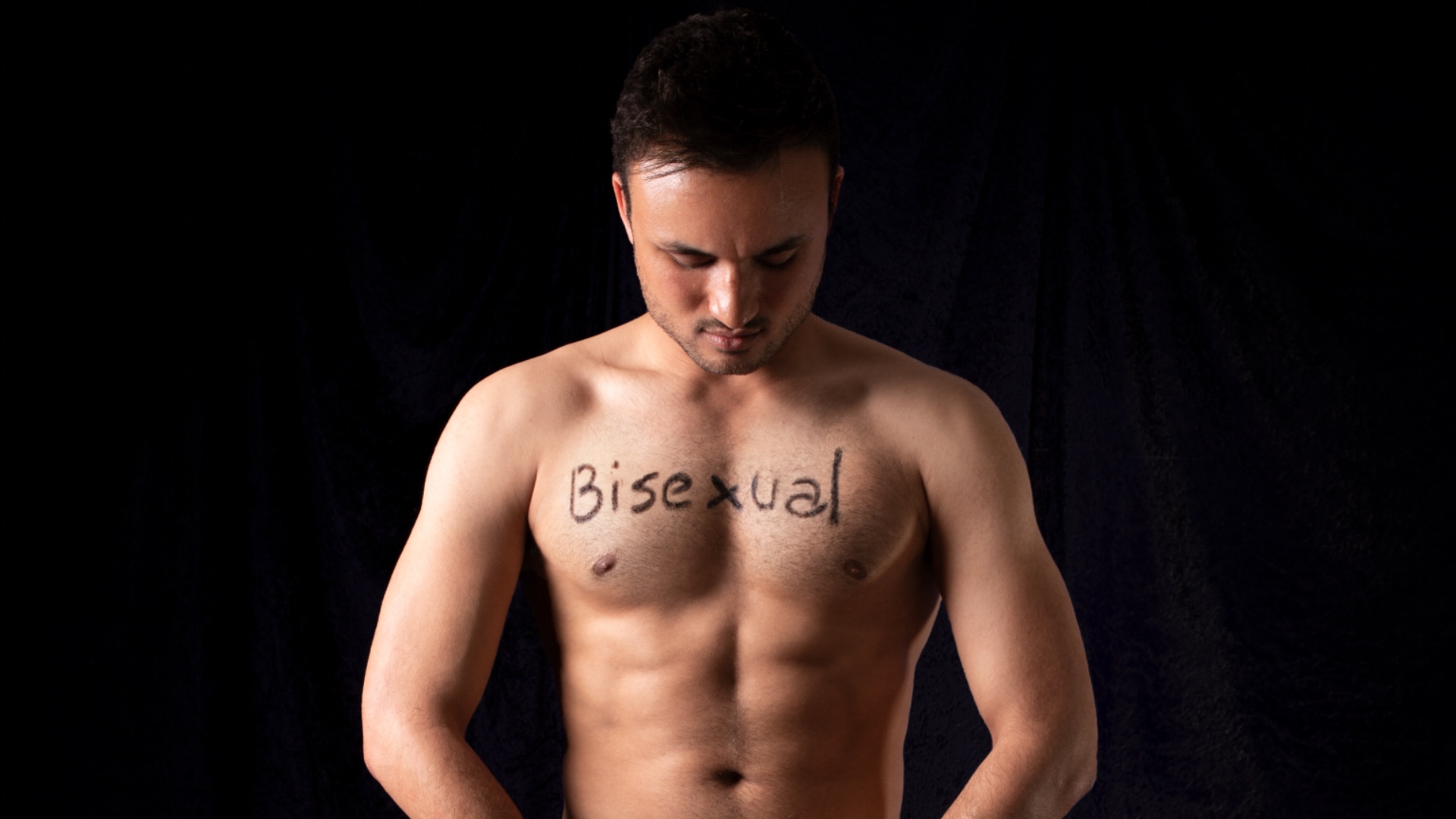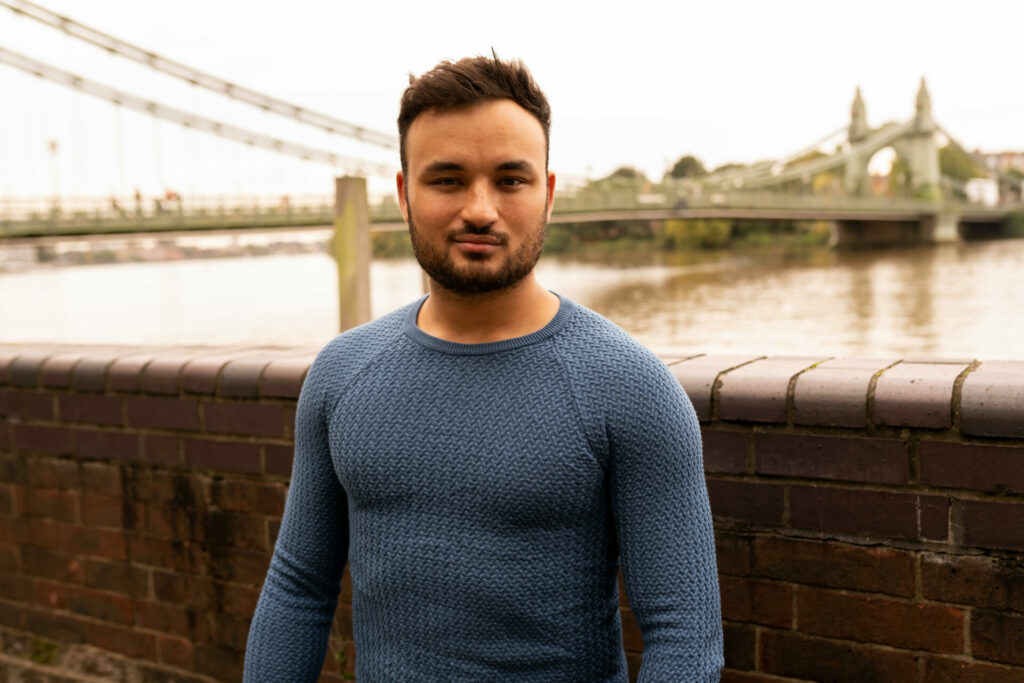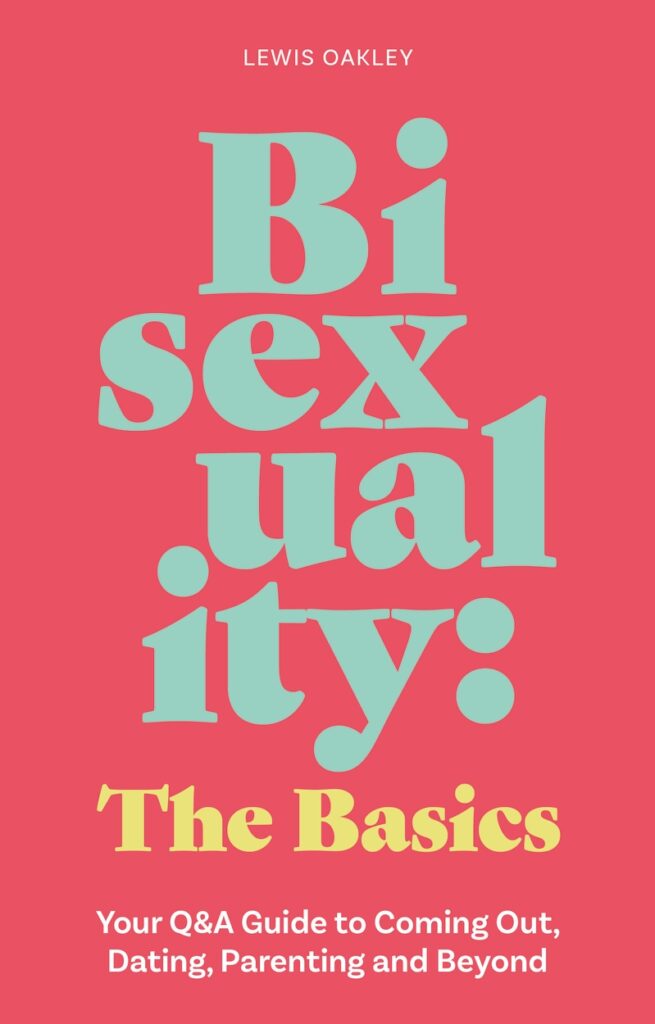What I’ve learned as an advice columnist for bisexual people, from marriage to straight-passing privilege
"Bisexual people are at the mercy of gay and straight advice when facing bisexual-specific problems," writes Lewis Oakley
By Lewis Oakley

For the last three years, it has been my great privilege to serve as one of the only advice columnists specifically for the bisexual community. Bisexual people from all around the world have turned to me for advice in their darkest hours. They’ve shared secrets with me that they felt they couldn’t share with even their closest friends and family. It’s been a great responsibility to try and help them navigate the troubles they are facing.
The idea for an advice column happened completely by coincidence. As a vocal bisexual who is often found writing pieces in the media or doing TV and radio interviews about the bi experience, one of the great joys is having bisexual people from all around the world write to me after they see these pieces.
Sometimes it’s just a thank you, but many times there are follow-up questions, and I simply couldn’t keep up with the demand. This told me that there were many bisexuals out there struggling, feeling that there was no one to turn to for advice on issues that were specifically bisexual. That’s where the idea for an advice column came from. In fact, the landscape is so void of the advice that bisexual people so desperately need, that my column is now being turned into a book, Bisexuality: The Basics which will be hitting stores in May, aiming to answer all of the most common questions I’ve seen bi people face.
What I’ve learned
This journey of being an agony uncle for bisexual people has helped me gain a better understanding of what’s really going on in the world for bisexual people. What fascinates me is that while the people who have reached out to me have been from a diverse set of ages and life experiences, from all around the world, it’s my observation that there are three issues that seem to crop up again and again.

Coming out
Coming out is a huge issue for bisexual people, and statistics suggest that we are the least likely of the entire LGBTQ+ community to do so. One of the most fascinating things is the number of older bisexual men who reach out to me. Often, these men are married and wondering how they approach a conversation with their wives to tell them that they’re bisexual. It’s important to note that often these men aren’t looking to have an open relationship or to leave their partner. They simply want to be honest with the love of their life about who they are. Many times, these men are questioning if their wife loves them, or the straight character they’ve been playing all these years. This is always a tricky one to advise on. I think many people expect that coming out is a young person’s game. Coming out in your youth is in its own right terrifying. Not just how people will treat you, but many times it might impact your family’s view of you, and that can even impact where you live and your future employment. It’s a completely daunting experience, but from what I’m reading, from the letters I receive, there’s no privilege in coming out later in life. Often, it can rock a marriage or even end it. Spouses can feel like they’ve been lied to and wonder how this coming out will affect the marriage. I always advise that it’s important to have thought about what your spouse might ask you before you have the conversation, because you’re likely to face a list of questions, which usually boils down to: how does this revelation change our marriage and change my life? If you’re able to reassure them that it doesn’t really change anything, it’s just letting them know about a new dimension to you, that can be reassuring. I think the other big thing to focus on is reminding your other half that you’re not changing. In fact, the only thing that’s changing is that now they know something about you that they didn’t know before. You’ve always been bisexual, and they’ve always been in a relationship or marriage with a bisexual person; it’s just that now they know.
Having bisexual friends
The other issue that’s been truly sad for me to witness, is the lack of bisexual people who say they have bisexual friends. Looking at statistics on this, bisexual people not having bisexual friends or people they can turn to can be an extremely isolating experience. Often, it means that bisexual people are at the mercy of gay and straight advice when facing bisexual-specific problems. They often don’t have someone who shares their experience to use as a point of reference and gauge what they should do in a particular circumstance. I’m reminded of one bisexual person who reached out, asking me for advice. He had a girlfriend but was watching a lot of gay porn. He felt that this was validating the people who said he’d never be happy with just one gender, it was becoming something he was ashamed of and feeling that it was a problem. When I explained to him that I didn’t think it was anything to worry about because, after all, lots of straight and gay people watch porn when they’re in relationships, I could feel the pressure lift off him. It wasn’t that I said anything particularly profound. It was more that someone who had the same life experiences as him felt that something he was worried about was something he shouldn’t stress himself with. Having that validation from someone who shares your life experience and being able to put the things you’re worried about into perspective is something many people take for granted, but it’s all too common in the bisexual community to be missing. There are some great groups out there for bisexuals to meet other people like them, but the issue is that they’re usually just in cities, and bisexual people are all around the world. It’s my great hope that bisexual people can start to form communities and have many bi friends so that they can build a supportive community together.
Inadequacy
Inadequacy is also a significant issue I’ve seen time and time again in the letters I’ve been sent. So many bisexuals feel like they’re not bisexual enough, and this can take many forms. For example, I’ve heard from some bisexual men who say they’ve only ever dated men, so the whole world sees them as ‘gay’. However, even though there are women in their lives that they’re attracted to, they fear that they’re not ‘man enough’, and that people would laugh at the idea of them dating a woman. They worry that the women wouldn’t take them seriously and that friends and family would view them as a gay man trying to go back into the closet, having a sham relationship.

On the flip side, there are a lot of bisexual people in opposite-sex relationships who feel that they can’t share the issues they’re facing because they feel that they’re benefiting from straight privilege. They feel disempowered to make their voices heard in LGBTQ+ environments because they don’t feel queer enough.
Encountering this situation is disheartening since there is no approval process for identifying as bisexual — if you are attracted to more than one gender, it makes you bisexual and your identity is valid. It’s been my mission over the past three years to explain this to bisexual people – that they should be confident in themselves, their attractions, their voice within the queer community, that they shouldn’t worry about what other people think. They don’t have to prove their bisexuality. They are valid, and they are powerful.
As my column evolves into a book, I hope to continue amplifying the issues impacting the bisexual community and providing a beacon of support for those who need it most. Together, we can challenge stereotypes, foster inclusivity, and create a world where everyone feels seen, heard, and accepted for who they truly are.
Lewis’ book Bisexuality: The Basics is published by Jessica Kingsley Publishers and available to pre-order now. Out 21 May 2024. Order here.
